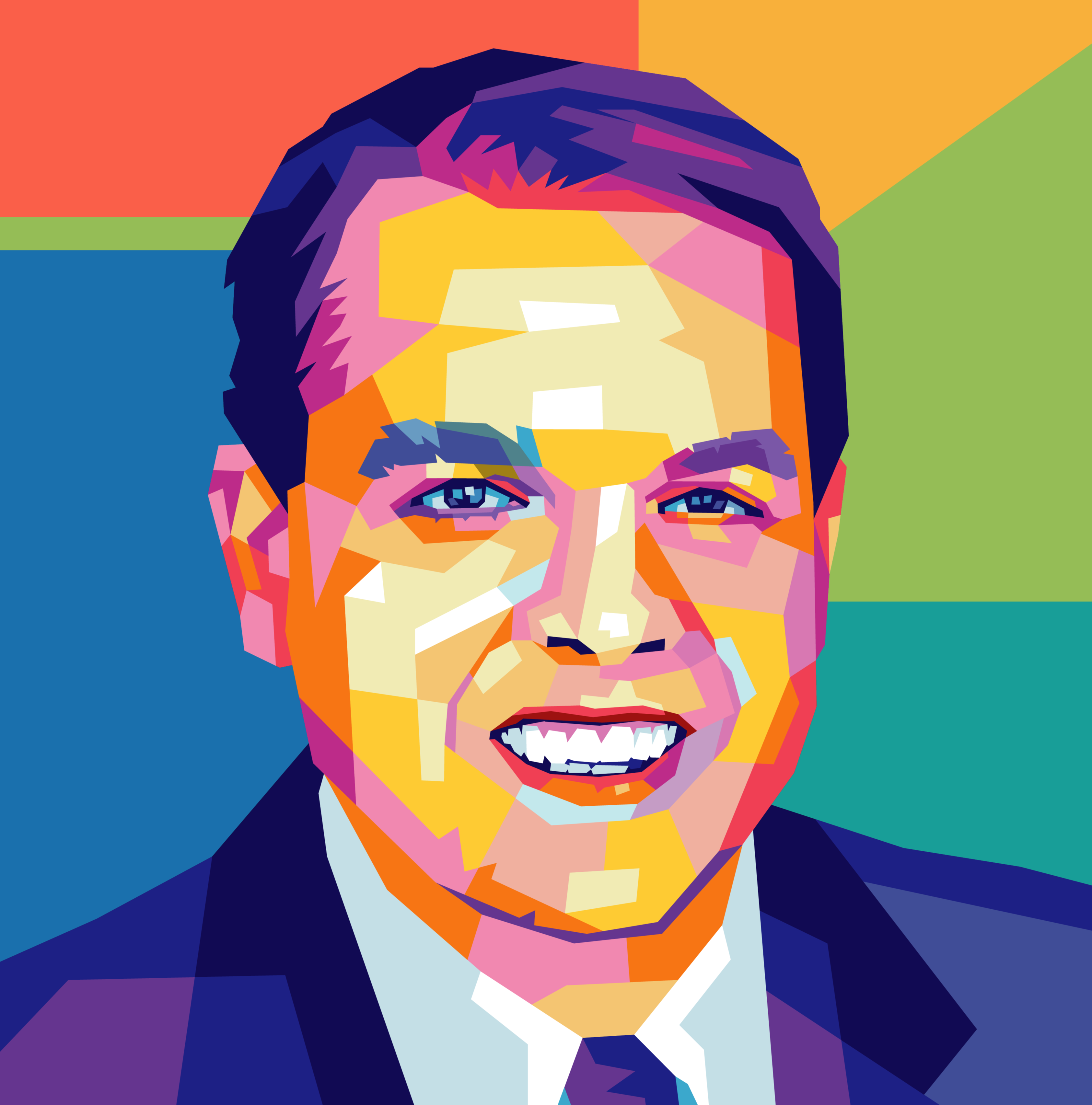Alison Dooher leads Digital Advisor Solutions, which oversees technology platforms that help the RIAs that custody assets with Schwab serve their clients and increase the scale and efficiency of their business.
She spoke with Action! magazine about the tech shifts she has observed in her two decades working with RIAs.
YOU’VE SEEN YOUR SHARE OF ADVISORTECH TOOLS AND PLATFORMS OVER THE YEARS – WHAT’S SURPRISED YOU THE MOST ABOUT HOW TECHNOLOGY HAS EVOLVED IN THE WEALTH MANAGEMENT SPACE?
ALISON DOOHER: The expanse and speed of technology development have been incredible. This industry started with Excel spreadsheets, paper-based financial plans and basic portfolio management tools. And it wasn’t even ten years ago that some advisors were concerned that they would be supplanted by robo-advisors and automation – a fear that has not played out. Now, we stand at the edge of AI and machine learning, with technology playing a critical role in client relationships, experience and business operations.
Technology has helped advisors in ways we could barely imagine a decade ago. The explosion of tech-driven tools and resources has made it easier for advisors to automate repetitive work, freeing them up to spend more time with clients; it has allowed them to scale their business while maintaining the highest levels of client service, and it has leveled the playing field so that advisor firms of all sizes can effectively grow, compete, and succeed.
YOU MENTIONED THE INDUSTRY STANDING AT THE EDGE OF AI AND MACHINE LEARNING, THE PRECURSOR OF WHICH IS DATA. WHAT EARLY SUCCESSES HAVE YOU SEEN WITH FIRMS USING DATA INSIGHTS TO RUN THEIR BUSINESSES?
DOOHER: We are certainly already seeing RIAs successfully use data to augment, inform and anticipate various aspects of advice delivery. Examples include greater personalization with respect to individual client preferences, needs, and risk tolerance; informing portfolio management decisions; increasing operational efficiency, especially in areas such as compliance and security; and driving action based on data-driven best next steps.
We are also seeing advisors start to look at investing in new tools and resources that can help them aggregate the vast array of data they have on hand and turn it into actionable insights. The early adopters are starting to make meaningful investments in their data capabilities, whether adopting new technology that helps operationalize data, working with outside providers, or even hiring in-house experts to oversee their data operations.
WHEN WE TALK ABOUT DRIVING ADVISORY FIRM EFFICIENCY THROUGH TECH TOOLS, WHAT’S THE ONUS ON FIRM LEADERSHIP TO ENSURE IT ACHIEVES THAT PROMISE OF EFFICIENCY?
DOOHER: Technology adoption is an area where we have paid a lot of attention when working with our RIA clients because it is equal parts understanding the why and the how of all the tools in the tech stack.
To understand the why, leaders need first to step back from the technology itself and make sure that their teams understand why the firm is investing in these tools and how they support the firm’s mission and value proposition for clients. Technology should be an enabler of mission, value and a differentiator, not just a path to efficiency. For teams to buy into technology and processes, they need to understand how the decisions around technology connect to what they are trying to deliver each day to clients. Otherwise, technology is just creating more noise and work.
The how is where leaders need to make decisions that lead to the optimal implementation and training for tech tools. And this means going well beyond a single demo with a vendor. It’s about building a tech stack that works symbiotically, comprehensive and ongoing learning and clear processes for real-time troubleshooting.
We also encourage firm leaders and their operations teams to measure adoption progress with tools like our customizable Technology Adoption Dashboard so that they can fine-tune how technology is being used and ensure that it is being maximized for operational efficiency and an excellent client experience.
ADVISORTECH IS BEING PROMOTED AS A MEANS TO BOOST FIRM ORGANIC GROWTH AS WELL – IF YOU WERE RUNNING AN RIA, HOW WOULD YOU USE DIGITAL TOOLS TO SUPPORT YOUR GROWTH STRATEGIES?
DOOHER: If organic growth is the priority, I would focus on advisortech that enhances three areas:
- Client experience: Making it faster and easier for clients to work with the firm. This should begin the moment you onboard the client by using a 100% digital onboarding and account funding process and should continue with the right mix of people and technology that ensures you can be responsive, accurate and efficient.
- Personalization: One of the biggest differentiators for RIAs is the advisor/client relationship, and technology is now providing many new ways to deepen that relationship via personalization.
- Security: It is critical to keep client information and assets secure. Technology is continuing to evolve – solutions such as digital move money, for example - and is providing new and better ways to help thwart would-be hackers and fraudsters.
These three areas enable clients to feel seen, heard, understood, and secure, leading to greater client confidence and stickiness. This in turn drives a willingness to entrust more assets to the advisors and make referrals.
THE SCHWAB RIA BENCHMARKING STUDY NOTED MOST FIRMS REPORTED THE GREATEST ROI FROM PORTFOLIO MANAGEMENT SYSTEMS, CRM AND FINANCIAL PLANNING SOFTWARE. IF A FIRM WANTS TO UPGRADE ITS TOOLSET BUT HAS LIMITED RESOURCES, SHOULD IT FOCUS ON ADDING JUST THESE THREE TOOLS?
DOOHER: The RIA Benchmarking Study provides just that: a benchmark against which firms can evaluate their own firms against their peers. It is not intended to be a one-size-fits-all roadmap. What the study does tell us, though, is that certain core principles drive firm success, one of which is institutionalizing your business through technology and operations so that you can reinvest your time where it matters most – with clients. Using that lens – maximizing time with clients – is critical for informing decisions about the tech solutions that could help improve your operations.
The good news is that today’s RIA technology ecosystem is incredibly robust and includes powerful solutions available via a wide range of third-party options. So, make sure to explore your options fully to identify the components that will deliver the maximum ROI for your specific needs. IMPACT is a great opportunity to learn more about Schwab’s technology offerings and to meet with third-party providers who can help you get the most out of your tech stack.
IN A SHORT SPAN, THE PANDEMIC HELPED INCREASE ADVISOR FIRM PRODUCTIVITY THROUGH DIGITAL ADOPTION, ACCORDING TO THE SCHWAB RIA BENCHMARKING STUDY. HOW, THEN WILL THE ADOPTION OF AI TOOLS IMPACT PRODUCTIVITY IN THE WEALTH MANAGEMENT SPACE?
DOOHER: I expect generative AI to be transformational in driving advisor productivity and again, creating more space and time for the advisor/client relationship. We will see it have a big impact in areas such as data analysis, risk management, automation, and even customer service (think virtual assistants) – all of which will increase productivity while protecting the advisor-client relationship.
As we have for 50 years, Schwab approaches new technologies focusing on the value they can deliver to clients. Schwab and many of our advisors are exploring the potential benefits of generative AI, and the early results are promising.
THE TD-SCHWAB CONVERSION WAS MONUMENTAL – MOVING OVER MORE THAN 7,000 ADVISOR FIRMS, 3.6 MILLION CLIENT ACCOUNTS AND $1.3 TRILLION IN ASSETS. WHEN YOU REFLECT ON THE WORK DONE IN THE CONVERSION, WHAT ARE SOME OF THE LESSONS YOU ARE TAKING AWAY FROM THE EXPERIENCE?
DOOHER: We’re pleased with the outcome of the transition weekend – and as I reflect on the three-year path that got us here, there are a few things that stand out:
- First, our decision to accelerate our investment in our technology and level up the Schwab Advisor Center experience was essential to creating a smooth experience for TDA advisors. We knew from Day 1 that advisors highly valued the user experience and features that TD Ameritrade offered – Veo One, iRebal, thinkpipes, Model Market Center, and more. We wanted the combined “best of both” platform to preserve the features these advisors prized most, and making every effort to meet their expectations by investing in our own capabilities facilitated this process.
- Second, education and communication have been key to ensuring that advisors feel supported through this process. Schwab Advisor Services hosted over 50 integration education events representing nearly 100 hours of content, attended by over 60,000 individuals from over 5,000 firms. We also provided over 30,000 hours of training to TD Ameritrade employees to ensure they felt confident in Schwab’s systems and published a comprehensive Transition Planning Guide to help our advisor clients manage change internally. This translated to high levels of advisor engagement and helped minimize friction during and following the transition.
- Finally, just because the technical transition is complete doesn’t mean our work is done. If anything, this experience motivates us to continue to innovate and enhance our offerings. We are excited to have thousands more firms providing vital input and playing a key role in advancing Schwab Advisor Center to better serve their businesses. We can’t wait to take the next steps together.
This blog is sponsored by AdvisorEngine Inc. The information, data and opinions in this commentary are as of the publication date, unless otherwise noted, and subject to change. This material is provided for informational purposes only and should not be considered a recommendation to use AdvisorEngine or deemed to be a specific offer to sell or provide, or a specific invitation to apply for, any financial product, instrument or service that may be mentioned. Information does not constitute a recommendation of any investment strategy, is not intended as investment advice and does not take into account all the circumstances of each investor. Opinions and forecasts discussed are those of the author, do not necessarily reflect the views of AdvisorEngine and are subject to change without notice. AdvisorEngine makes no representations as to the accuracy, completeness and validity of any statements made and will not be liable for any errors, omissions or representations. As a technology company, AdvisorEngine provides access to award-winning tools and will be compensated for providing such access. AdvisorEngine does not provide broker-dealer, custodian, investment advice or related investment services.





.png)


